“Cultivate curiosity and capabilities in Akonga (learners) to enhance the world around us”
What is Agentic Learning and what does it look like at ASP?
Aristotle said, “Educating the mind without educating the heart is no education at all.” Students with agency and control over their learning and what they are learning, are more likely to learn deeply and demonstrate persistence. They are more likely to enjoy school and are overall happier. Students have the intrinsic motivation to engage in learning and have the ability to take ownership of their learning. In doing so learning outcomes improve dramatically. The children learn about things they are interested in, share their learning in ways they want it to be shared and enable the place of awe and wonder in young minds to exist.
What is Agentic Learning?
- self-directed actions aimed at personal growth
- development based on self-chosen goals.
- It is fostered through high-level engagement and intrinsic motivation
- Leads to deeper learning- wonder, asking questions, critical thinking
- Proactive, intentional, and constructive
- Enriching learning activities
Agentic learning enables children to develop;
- cognitive skills such as creativity, problem-solving, divergent thinking, mathematics and oral language.
- social relationships, emotional regulation and learning to control their own behaviour.
- fine and gross motor skills.
When Agentic Learning is fun and child-led, children are motivated to engage in opportunities to learn.
As a school, agentic learning (play-based and student-led) enables us to place value on the healthy development of all aspects of learning; physical, sensory, motor, social, emotional and cognitive. We are able to provide a rich and authentic place for learning, encompassing a broad curriculum. An agentic learning approach develops higher-order cognitive and socio-emotional skills. It develops a strong sense of self-efficacy and resilience. It develops risk-taking, problem-solving, and critical thinking, just to name a few. Conversations that occur during student-led learning, allow children to explore diverse ideas and experience a variety of perspectives, and develop an understanding of concepts presenting themselves. We want our learners to be innovative and creative thinkers, now and in the future.
The Neuroscience behind Agentic Learning (Play/Student-led learning)
Biologically, play is the tool to ensure survival, through the practice of skills and inquiry. It is the fundamental wiring in humans. These urges are primitive and we are hardwired to them. These urges allowed our species to learn, adapt and survive. Thirty years’ worth of neurological research confirms the importance of play to healthy childhood development.
Neuroscience has identified the important link between learning through play. Neuroscientists have isolated three pivotal factors for “a complex brain to create itself” during the first seven years of life. The first is ‘emotional nurture’. This is the warm, empathetic relationship that grows into trust in human beings. Secondly, conversation and the child and adult enjoy each other’s company. The third factor is play and lots of it. As Nathan Mikaere- Wallis says ‘No one learns about sharing by being told about it.’ Play ‘urges’ encourage the neurological pathways to ‘come online’ and neural pathways grow through nurture and play.
At Ararira Springs Primary Agentic Learning is …..
- Student-led learning through shared and personalised learning (play-based for Years 1-3).
- Teacher-directed learning for literacy (reading and writing) and numeracy
- A broad authentic curriculum which fosters the development of the whole child- cognitive, emotional and social
- Child-centred- We educate the ‘heart’. We don’t just fill minds with knowledge- we ‘kindle the fire of lifelong learning for our students.
As Albert Einstein once said “Imagination is more important than knowledge. For knowledge is limited to all we now know and understand, while imagination embraces the entire world, and all there ever will be to know and understand.”
Longworth Education Blog Posts
For more information please contact Deb, deb.wesley@ararira.school.nz
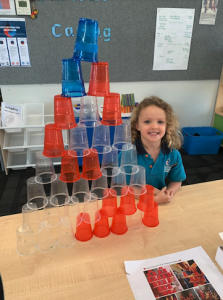
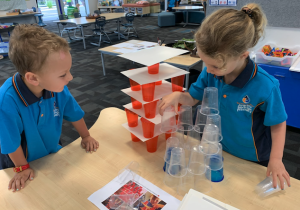
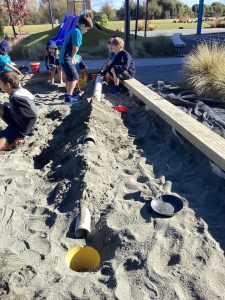
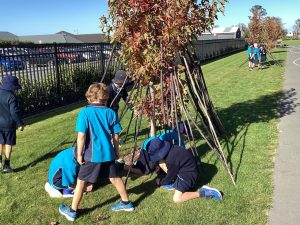
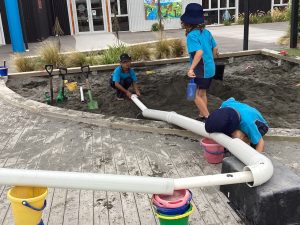
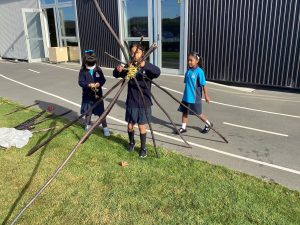
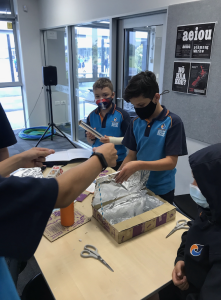
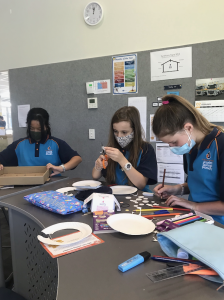
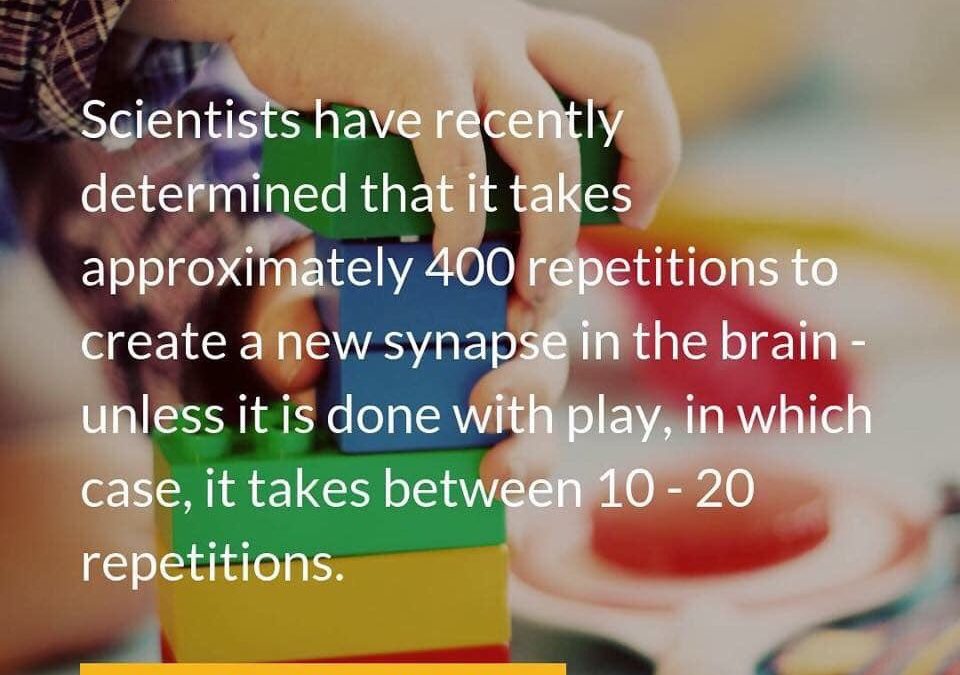
Recent Comments